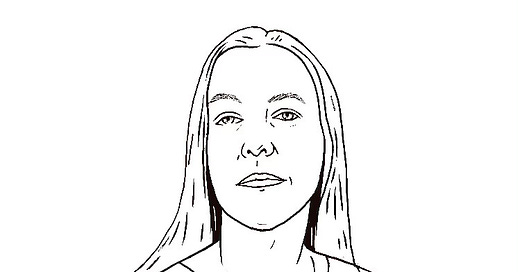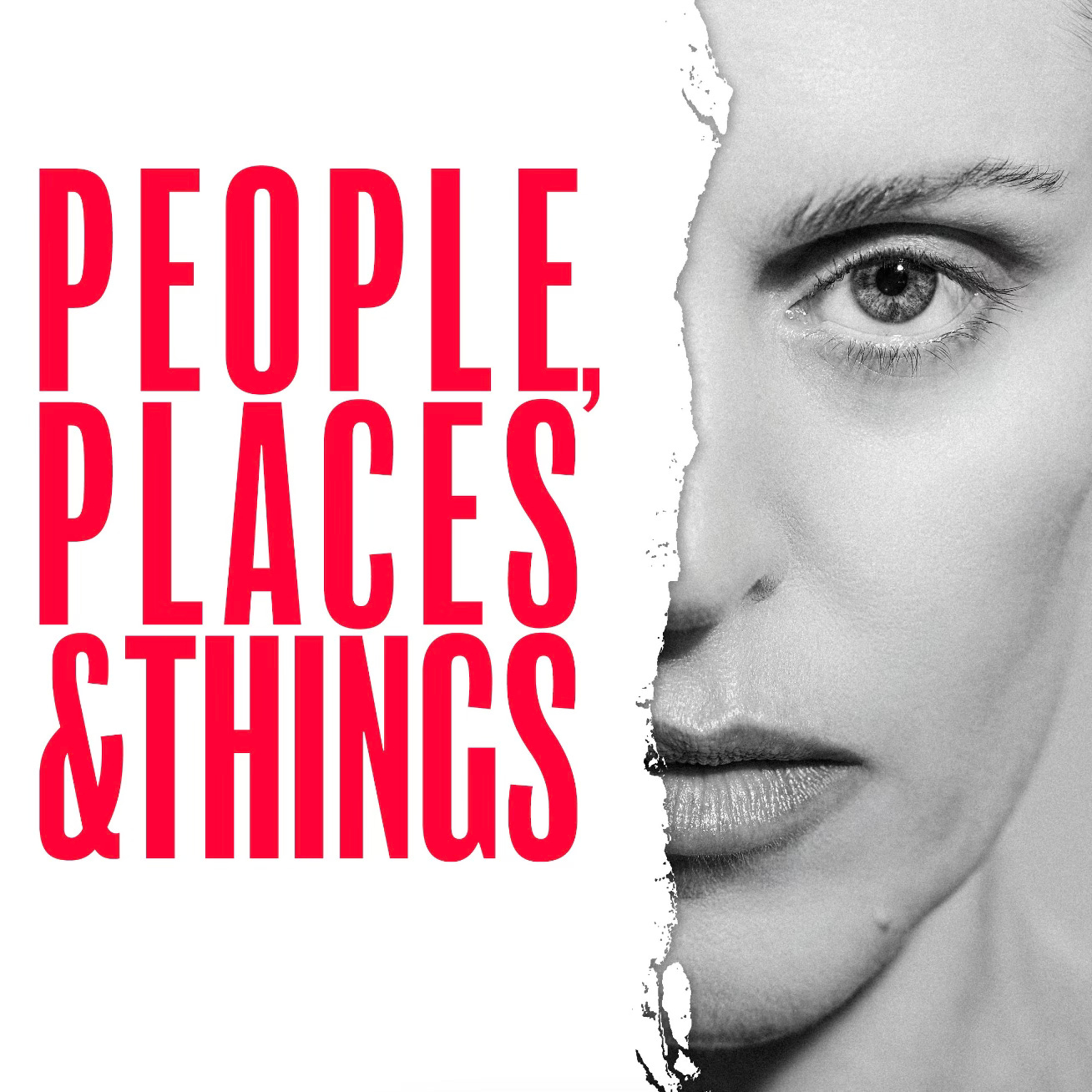I’ve been thinking about “progress” again this week as I wend my slow way through Christopher Lasch’s mammoth The True and Only Heaven: Progress and Its Critics (1991). In a thread on X yesterday, I noted Lasch’s (to my mind) convincing argument that the model for the contemporary idea of progress was less Christian eschatology than the infinite scientific quest. Thus political “progress” appears to have no natural, or in-built, end.
Lasch’s point seems borne out by the invention of ever-new categories of historical subject (often positioned as oppressed), and the transformation of previously natural categories, such as childhood, into “conditions” to be treated. There is something profoundly ouroboric about this, as new terrains are found by looking inward (the unconscious gives way to depression gives way to dysphoria and so on), and natural limits in the form of sexual difference, the body, human nature, and the natural world are increasingly perceived as obstacles to be overcome through science, but even more so by a generalized faith in science (we might note that science as a discipline is in reality far more epistemically humble than popular culture might want it to be).
There is a kind of modern impatience with modes of being that might be difficult—contemplation, suffering, grief, and a lack of desire to solve problems over time rather than all at once. There is a rush towards “freedom” (or an idea of it) which misunderstands the liberation from the domination of desire as its exact opposite—the right to be dominated by one’s own desire, even (or especially) when this desire is self-destructive. Walter Benjamin’s enigmatic 1921 fragment “Capitalism as Religion” points to the stakes of a cult that has forgotten its cultic origins:
Capitalism is the celebration of the cult sans reve et sans merci [without dream or mercy]. There are no “weekdays.” There is no day that is not a feast day, in the terrible sense that all its sacred pomp is unfolded before us; each day commands the utter fealty of each worshipper. And third, the cult makes guilt pervasive. Capitalism is probably the first instance of a cult that creates guilt, not atonement.
We experience this 3 a.m. eternal feeling everywhere: the party we cannot leave, that never ends, a forgetting of what it was that was being celebrated. There is only pure speed, a disregarding of limits, and an endless desire for freedom without end. What modernity promises is life without judgement, a quick solution for all ills, and the opportunity for new modes of living and recognition. If we still have the same old bodies and feelings as our ancestors—more’s the pity for them! New horrors, our contemporary person might say, are at least new.
Latest pieces in Compact
This week, we covered the tensions—political, material—at the heart of the Gaza campus protests. We began with John B. Judis and his lessons from the Vietnam war protests. While broadly in agreement with the current protesters’ sentiments, Judis writes: “The question is how to protest, and whether there are certain kinds of protest that could strengthen the very forces they are supposed to challenge.” In an account of the various stages of the 1960s protests, Judis notes that part of their character was to “bear witness,” reminiscent of Puritan attitudes. Failure to build a broader movement, and to tap into existing American sentiment, render the current protests ineffective, given that most Americans don’t want to see the destruction of Israel (impossible in any case), nor do they support Hamas, which some of the protests appear to do. Judis cautions: “You don’t fly a Palestinian flag, but an American flag, and you claim that you are upholding American ideals.”
Sam Khan wrote for us about Obama’s complex presidency and still-unfolding legacy. Khan notes that “to a great extent, the ‘Great Awokening’ emerged from tensions within the Obama administration and even within Obama’s own psyche”:
As he ran into insuperable obstacles in achieving the goals of his presidency, his vision of the moral arc of history became less sustaining to him, and he lost faith in the democratic experiment. Part of the cultural undertow of our current, fraught era results from Obama’s growing sense of disillusionment.
The problem, Khan states, is not that Obama was wrong—noting his later 2019 concern about the authoritarian turn in liberal culture—but that he gave up on his commitment to a democratic and multiethnic America “too soon,” thus setting the stage for what followed his presidency.
Speaking of giving up, James A. Smith reviewed two recent books, by Vincent Bevins and Hannah Proctor, that tackle the side of politics people rarely like to admit—failure. As someone who has been involved in multiple political campaigns that failed (opposing the Iraq war and opposing the tripling of tuition fees, to name just two), I think it’s important to understand the experience of defeat—so often it results in people turning on one another, as happened in catastrophic style on the British left, as identity took the place of class and the internet made it possible to engage in global denunciation and scapegoating. As Smith notes, “everyone is a populist when they think their side is about to win, and everyone risks collapsing into misanthropic anti-populism when it turns out otherwise.” In the face of that common feature of activist behavior—burnout—Smith wisely cautions: “Sometimes, the correct response to defeat must be principled and strategic withdrawal, however mournful.”
Musa al-Gharbi wrote the definitive (and widely circulated) essay on the US Gaza protests this week. Drawing upon Bourdieu, Baudrillard and Weber, al-Gharbi presented not only a detailed analysis and outline of the stakes of and composition of the protests themselves, but a deep and convincing account of the social and economic meaning of colleges themselves. al-Gharbi notes: “the core purpose of institutions like Columbia is to identify, cultivate, and legitimize elites.” This is merely one aspect, however: the piece is extraordinarily wide-ranging—an absolute must-read.
Finally, for the weekend read, we published Compact editorial fellow Stephen G. Adubato on contemporary policing in Newark in the post-defund era. Adubato argues that the “spirit of strategic problem-solving and collaboration has come to define Newark’s approach toward public safety ever since the city began implementing a federal consent decree and civilian review board in 2014, leading to a major drop in theft and violent crimes and instances of police corruption and brutality.”
Also—don’t forget our weekly podcast!
Nina Recommends
This week I went to see People, Places & Things, Duncan Macmillan’s 2015 play about addiction and acting, revived this year at the Trafalgar Theatre with Denise Gough returning to her role as Emma (or Sarah, or Nina, or Lucy). Contemporary theater often plays with the box-type nature of the stage, making the size of the space more visible, or turning it around (Phaedra at the National last year make exceptional use of this tactic, hiding family members behind walls who became visible to the audience as the structure span round).
People, Places and Things convincingly portrayed the hygienic and medicalized nature of rehabilitation and group therapy spaces, recalling the hospital scenes in The Exorcist (referenced several times by the play’s characters). Michel Foucault is mentioned by the female protagonist, desperately clinging to her own relativism and nihilism. “Postmodernism made you an addict?” asks the wise therapist.
While the depiction of Alcoholics Anonymous was somewhat altered to include gestalt group therapy, the delusional dimensions of Emma’s addiction were convincing. Liberal potshots at religiousity were somewhat tired, and designed to pander to the audience who likely share some of Emma’s conviction that the world is just chaotic and meaningless so who cares if she gets wasted.
The play couldn’t ultimately decide if it was about addiction or about acting (and lying, which characterizes addiction), and perhaps tried too hard to be about both: Emma’s long-suffering parents presented a brief window into a non-narcissistic attitude towards suffering, as did the patients who really “got” the program—Emma’s inability to be honest was ultimately posed as a question about who would make the best actor: the one who does it all the time, at the expense of any stable notion of self, or the one who knows very who they are beneath the role? My theater pal Pierre, who runs the new London space Verdurin, commented afterwards on what he sees as the “therapeutic turn” in contemporary art and theater—a search for lost community fused with confession, with depictions of group therapy, Ayahuasca trips and patchwork rituals all the rage: no doubt something is lost when we focus not only too much on our own enjoyment (misnamed “freedom”), and seek recognition from similarly introverted others, while forgetting that we were relational beings all along.
Until next week—Nina









I will not deny that the addiction to speed in our western culture is fueled in large part by the war drive of humanity, that we DEMAND harder, faster stimulus, trying to keep that twitch twitching, as the true horror of a desire is satisfaction.
But the delirium that it induces is the confusion brought on by the shock of the deluge of data, unfiltered by our traditional gatekeepers, as technology progresses beyond what is known and catapults us into the unknown. The anxious cry to take a step back, to try to revive the traditional structures of family and gender is understandable, but there is nowhere to go back to; what is seen cannot be unseen.
The Royal Barvarian Medical College published a paper in the 1830s warning people of excessive speeds (around 20 to 30 MPH) could induce madness. Every time I hear someone say the liberals want to be free of biology with their gender theories and pushing boundaries, I think of those people at the Barvarian Medical College, respected members of their communities and experts in their fields still overreacting to what amounts to nonsense.
The real world is a big, surprising place; won't you join us?